SUMMARY
This is AI generated summarization, which may have errors. For context, always refer to the full article.
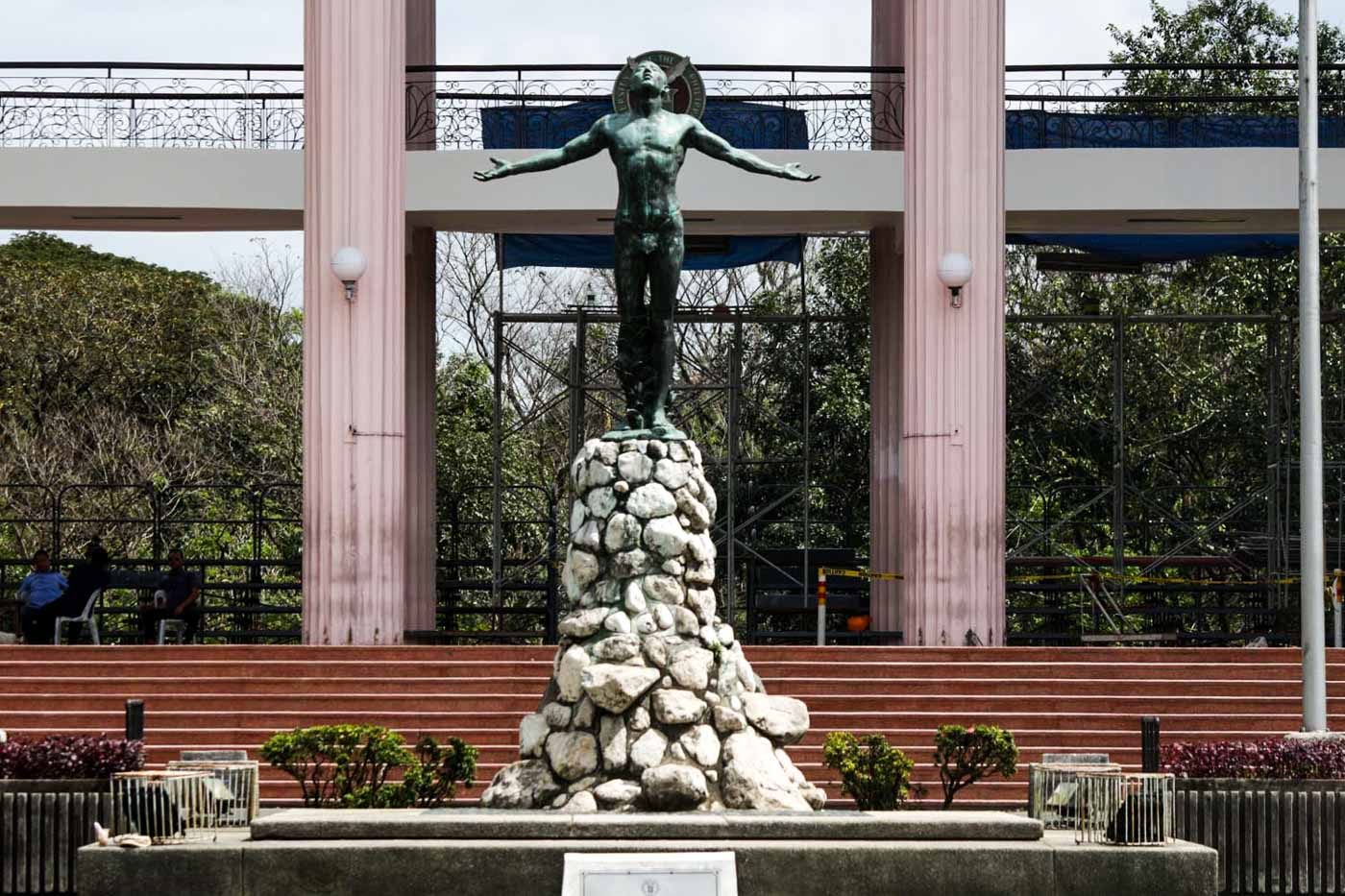
MANILA, Philippines – Six nominees vying to be the next president of the University of the Philippines (UP) on Friday, November 11, faced the university’s constituents in a public forum to discuss their plans to address system-wide issues, including UP’s drop in world rankings in October.
The next UP president will be elected by the university’s eleven-member Board of Regents. Replacing incumbent president Danilo Concepcion, they will serve a single six-year term from February 2023 to February 2028.
The nominees for the position are:
- Patrick Alain Azanza (Catanduanes State University president)
- Salvador Belaro Jr. (former 1-Edukasyon party-list representative)
- Angelo Jimenez (former faculty regent)
- Fidel Nemenzo (UP Diliman chancellor)
- Benito Pacheco (former UP Diliman vice chancellor for research and development)
- Fernando Sanchez Jr. (former UP Los Baños chancellor)
UP vice president for public affairs Elena Pernia, who moderated the forum, asked the nominees about their thoughts on university rankings. Most of them said that UP should put a premium on its mandate as the national university, which is to serve the country.
“We can be number one in university rankings, but we should be even more dedicated to carrying out UP’s mandate because there is danger that what is considered best practice abroad might not fit the Philippine’s needs. Hopefully, we do both,” Pacheco said in a mix of English and Filipino.
Meanwhile, Nemenzo stressed the implications of solely relying on rankings as a gauge of excellence.
“While we need to expand our programs and increase our outputs, we also need to protect the integrity of our scholarship. Too much focus on meeting targets might distort our agendas…. I see the value of rankings as a way of benchmarking, but we should never lose sight of our real objective, and that is to contribute to knowledge and solve our country’s problems,” Nemenzo said.
Azanza touched on the importance of being forward-thinking in improving the university’s ranking and responding to current needs.
“Nakakalimutan natin na hindi panandalian lang ang dapat i-project ng isang University of the Philippines president. Kailangan 10, 20, 30 years ahead ang isipin. Remember, former UP president Emil Javier thought of the UP Open University 27 years ago, and here we are, nakikinabang during the pandemic,” he said.
(We tend to forget that as UP president, we should not be thinking in short term. We should be thinking 10, 20, or even 30 years ahead. Remember, former UP president Emil Javier thought of the UP Open University 27 years ago, and here we are, benefitting from it during the pandemic.)
“Ganoon sana mag-isip ang UP president (That is how a UP president should think),” he added.
In this year’s Times Higher Education World University Ranking, UP placed in the 801-1,000 bracket, a decline from their 601-800 spot in 2021. The university was evaluated based on five metrics: teaching (30%), research (30%), citations (30%), industry income (7.5%), and international outlook (2.5%).

Plans of action
Each nominee also presented their mission and vision for the next six years. They discussed how they intend to respond to a variety of concerns, including the university’s research contributions, stakeholder welfare, and public-private partnership.
Jimenez stressed the importance of research and widening the reach and utilization of outputs through a pandemic and digital-age informed approach. This was echoed by Azanza, who intends to take a technology-oriented approach, putting priority on the modernization and eventual transformation of UP into a “metaversity.”
A metaversity is an immersive digital copy of a university that allows students and faculty working remotely to interact as they would on a physical campus. Azanza said this could be realized by using UP’s land and the public-private partnership (PPP) model to generate funding for this and other initiatives.
Similarly, Sanchez hopes to increase the university’s financial capabilities through the PPP model. He also emphasized the need to correct the notion of hierarchy among UP constituent units.
Aiming to give stakeholders access to affordable health care, Belaro wants to establish Malasakit Centers in all UP units and prioritize them for medical services in the UP-Philippine General Hospital.
Meanwhile, Pacheco said UP should prioritize addressing the needs of students. He proposed the removal of maximum residency rules, minimum load requirements per term to qualify for Latin honors, and the implementation of a non-numerical grading system.
Nemenzo envisions a smart, agile, and high-impact UP. He wants to ensure that mature research outputs become policy proposals and of use to the greater Filipino community. – Yana Uy/Rappler.com
Yana Uy is a Rappler intern studying in the University of the Philippines Diliman. This article was done under the supervision of Rappler staff and her copy was vetted by editors.
Add a comment
How does this make you feel?
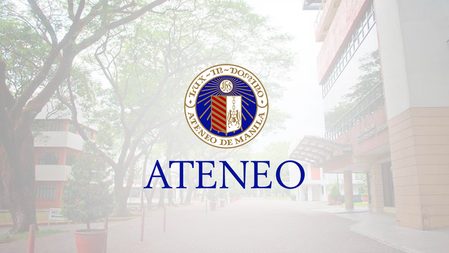
![[Time Trowel] Mentorship matters](https://www.rappler.com/tachyon/2024/04/mentorship-matters.jpg?resize=257%2C257&crop_strategy=attention)
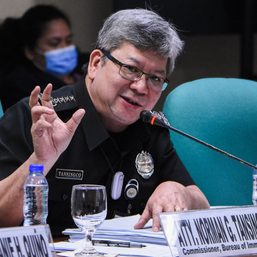

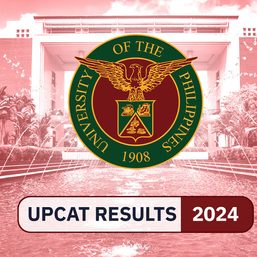
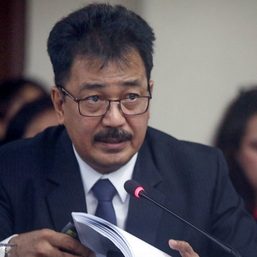
There are no comments yet. Add your comment to start the conversation.